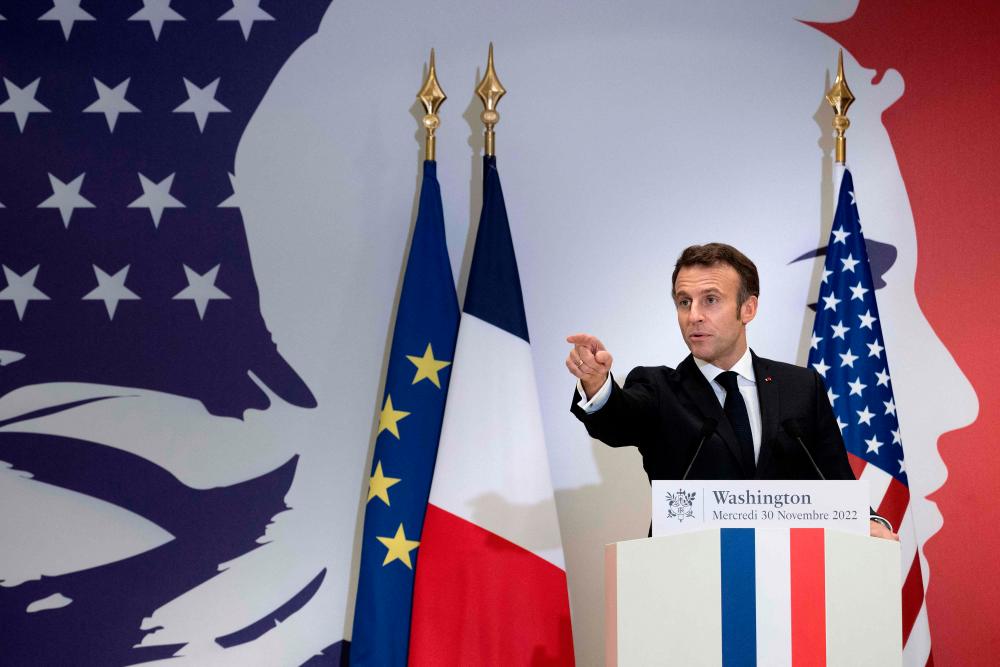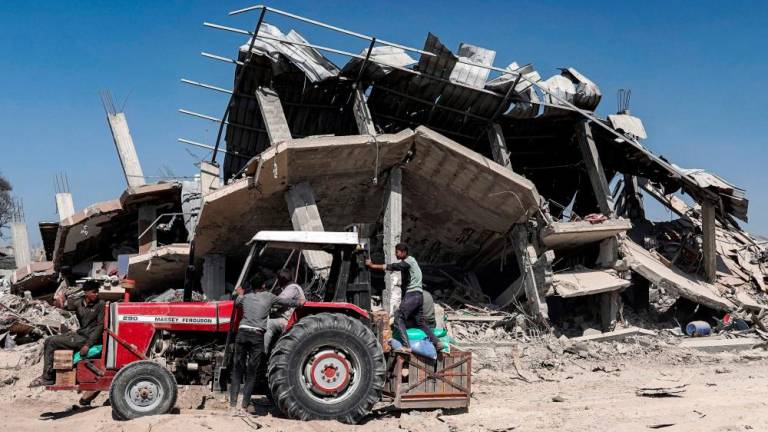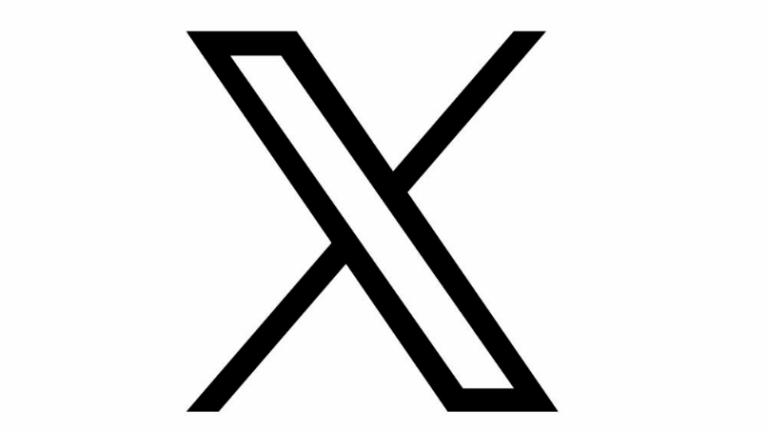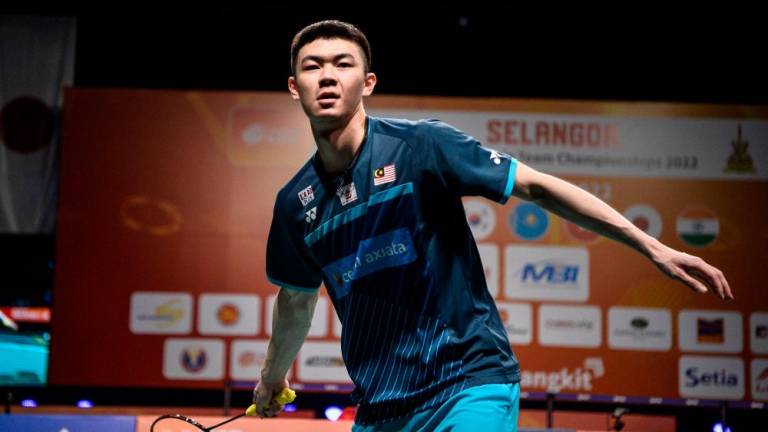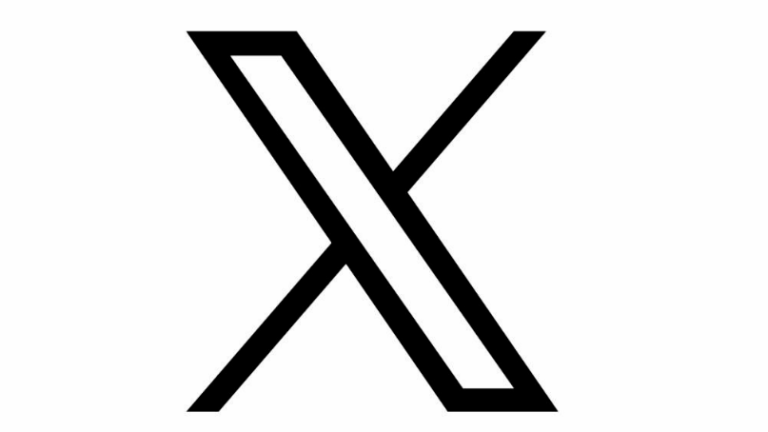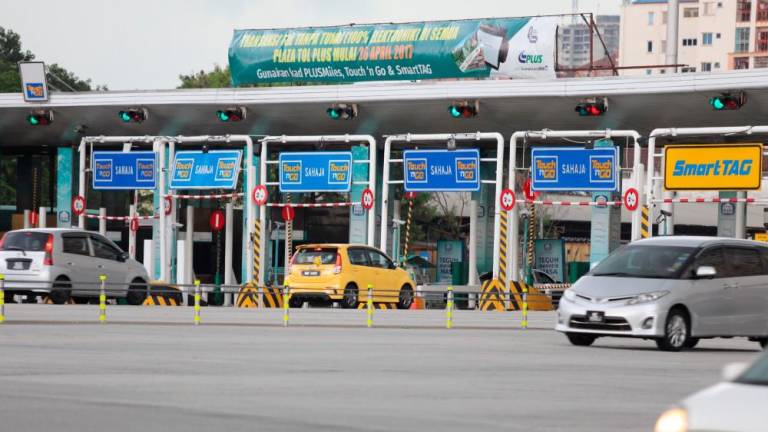WASHINGTON: France’s President Emmanuel Macron fired a volley at his American hosts on the first day of a rare state visit to Washington, telling lawmakers Wednesday that US industrial subsidies are “super aggressive” against French competitors.
“This is super aggressive for our business people,“ an AFP reporter heard Macron tell members of Congress and business leaders, who had invited him to lunch ahead of the main part of the state visit on Thursday, when the French leader will spend most of the day with President Joe Biden.
Macron was referring to Biden's signature policy called the Inflation Reduction Act, which is set to pour billions of dollars into environmentally friendly industries -- with strong backing for US-based manufacturers.
The White House touts the IRA legislation as a groundbreaking effort to reignite US manufacturing and promote renewable technologies, but European Union governments are crying foul, threatening to launch a trade war by subsidizing their own green economy sector.
Macron’s blunt assessment, saying he just wanted “to be respected as a good friend,“ tore some of the veneer off a carefully choreographed state visit intended to celebrate historic US-French ties -- and also tackle the trickier parts of the US-EU transatlantic alliance.
“I don’t want to become a market to sell American products because I have exactly the same products as you,“ said Macron, stressing that France had its own middle class in need of employment.
“And the consequence of the IRA is that you will perhaps fix your issue but you will increase my problem. I’m sorry to be so straightforward,“ he said.
The White House responded by insisting that the state visit is about the two presidents’ “warm relationship.”
US advances in the clean energy economy will help Europeans too, Press Secretary Karine Jean-Pierre said. The IRA “presents significant opportunities for European firms as well as benefits to EU energy security. This is not a zero sum game.”
In a speech later at the French embassy, Macron insisted on the subsidies issue and said they could become a real sticking point in US relations with Europe.
While voicing support for the environmental goals of the IRA, Macron said, “These are choices that will split the West.”
Still, Macron said US-French ties remain solid, calling on both countries to heed “the bonds that history has forged between us, an alliance stronger than anything.”
Frenchman on the Moon?
Earlier, Macron joined Vice President Kamala Harris at NASA headquarters in Washington to discuss cooperation in space -- and to propose the first Frenchman on the Moon.
Macron highlighted the American lunar program Artemis, whose first uncrewed test mission launched in mid-November with participation of the European Space Agency (ESA), and said “we are very keen” to join.
“It’s very important for us, as long as you can propose a French leader to fly to the Moon quite rapidly,“ he told Harris, in a nod to French astronaut Thomas Pesquet, who also attended the NASA visit.
Macron's busy schedule, which included a working lunch to discuss biodiversity and clean energy, and a visit to the historic Arlington National Cemetery, illustrated the ambitions set for the trip -- the first formal state visit by a foreign leader to Washington since Biden took office nearly two years ago.
The core of the visit will be Thursday, including a White House military honor guard, Oval Office talks with Biden, a joint press conference and a banquet where Grammy-award-winning American musician Jon Batiste will perform.
The White House showed off the menu for the big dinner, which will start with butter poached Maine lobster, paired with caviar, “delicata squash raviolo” and tarragon sauce.
The main course features beef and triple cooked butter potatoes, before heading into the cheese course of award winning US brands, and finally orange chiffon cake, roasted pears with citrus sauce, and creme fraiche ice cream.
Washing all that down will be three different American wines.
EU-US tensions
Trade tensions, however, are only part of the uncomfortable flip side to the red carpet occasion.
Another gripe in Europe is the high cost of US liquid natural gas exports -- which have surged to help compensate for canceled Russian deliveries.
There is also divergence on how to deal with the rise of superpower China.
The question -- with Washington pursuing a more hawkish tone and EU powers trying to find a middle ground -- is unlikely to see much progress. - AFP



